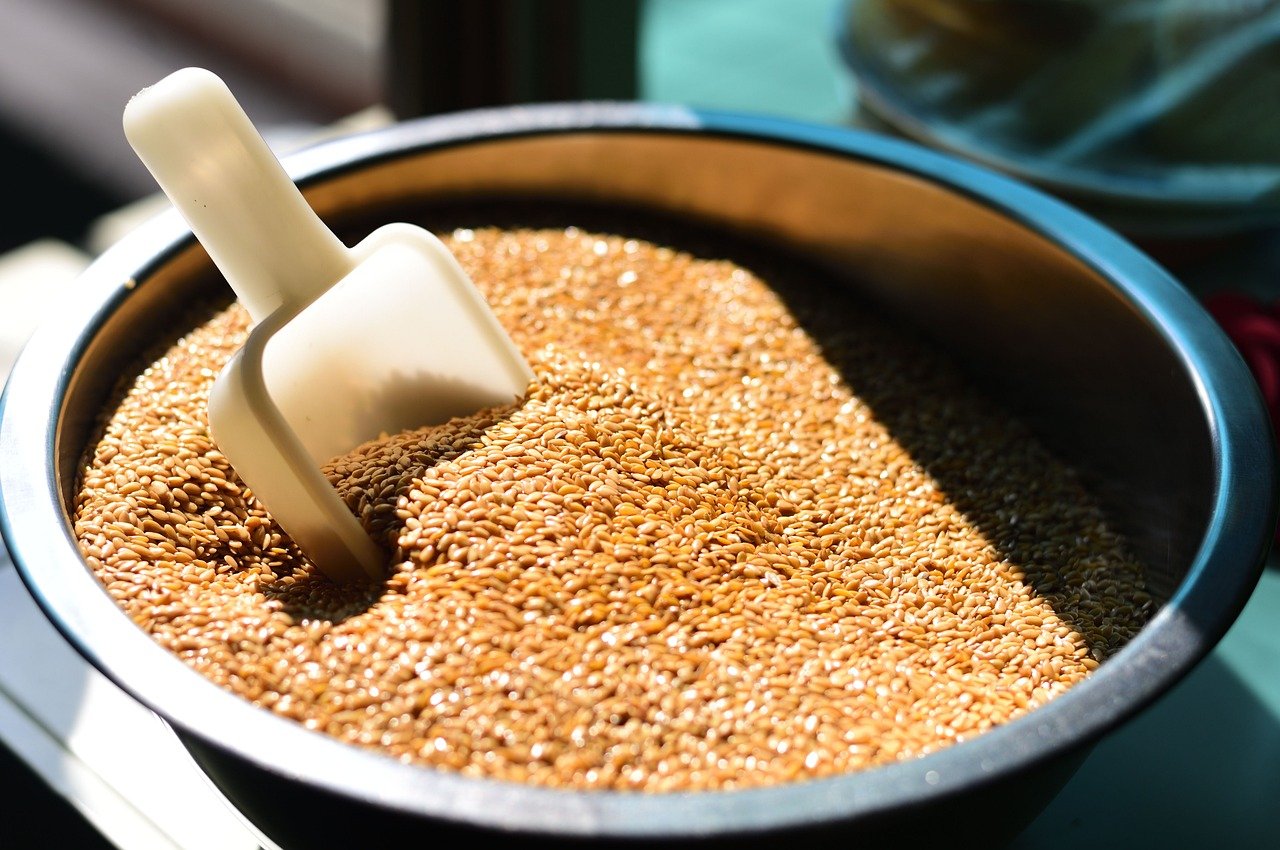Dairy Processing: Exploring Opportunities in Dairy-Free Cheese Alternatives
Laser247, lotus365, sky247 login:Dairy processing has been a significant industry for centuries, providing consumers with a wide range of products such as milk, cheese, yogurt, and butter. However, with the rise in lactose intolerance, as well as the growing demand for plant-based alternatives, dairy-free cheese alternatives have become increasingly popular in recent years.
As consumers become more health-conscious and environmentally aware, the demand for dairy-free alternatives has surged. Plant-based cheeses made from ingredients such as nuts, seeds, and soy are becoming more mainstream as people seek healthier, more sustainable options. In this article, we will explore opportunities in the dairy-free cheese market and discuss how dairy processors can capitalize on this growing trend.
The Rise of Dairy-Free Cheese Alternatives
The market for dairy-free cheese alternatives has been rapidly expanding in response to consumer demand. With advancements in food technology, plant-based cheeses now closely mimic the taste and texture of traditional dairy cheeses, making them an attractive option for vegans, vegetarians, and those with lactose intolerance.
Consumers are now seeking out dairy-free alternatives not only for health reasons but also due to concerns about animal welfare and environmental sustainability. The dairy industry is a significant contributor to greenhouse gas emissions and deforestation, prompting many people to seek out plant-based alternatives that are more environmentally friendly.
Opportunities for Dairy Processors
Dairy processors have a unique opportunity to capitalize on the growing demand for dairy-free cheese alternatives. By incorporating plant-based ingredients into their product lines, dairy companies can attract new customers and stay competitive in a changing market.
Many dairy processors are already venturing into the dairy-free market by introducing plant-based cheese alternatives alongside their traditional dairy products. By leveraging their existing infrastructure and expertise, dairy companies can create high-quality plant-based cheeses that appeal to a wide range of consumers.
Additionally, dairy processors can collaborate with food scientists and researchers to develop new dairy-free cheese recipes and production methods. By investing in research and development, dairy companies can stay ahead of the curve and offer innovative plant-based products that meet consumer expectations for taste, texture, and nutritional value.
Challenges and Considerations
While the dairy-free cheese market presents many opportunities for dairy processors, there are also challenges to consider. Plant-based cheeses often require different production processes and ingredients than traditional dairy cheeses, requiring dairy companies to adapt their operations and supply chains accordingly.
Quality control is another key consideration for dairy processors entering the dairy-free market. Plant-based cheeses must meet high standards for taste, texture, and consistency to compete with traditional dairy products. Dairy companies must invest in quality assurance measures and testing protocols to ensure that their plant-based cheeses meet consumer expectations.
Market research is also essential for dairy processors looking to enter the dairy-free cheese market. Understanding consumer preferences, trends, and competition is crucial for developing successful dairy-free products that resonate with target audiences. By conducting market research and staying informed about industry developments, dairy companies can position themselves for success in the growing dairy-free cheese market.
FAQs
Q: Are dairy-free cheese alternatives a healthier option than traditional dairy cheeses?
A: Dairy-free cheese alternatives can be a healthier option for individuals with lactose intolerance or dairy allergies. However, it is essential to read the ingredient list and nutritional information to ensure that plant-based cheeses are lower in saturated fat, sodium, and additives compared to traditional dairy cheeses.
Q: Are dairy-free cheese alternatives environmentally friendly?
A: Yes, dairy-free cheese alternatives are generally more environmentally friendly than traditional dairy cheeses. Plant-based cheeses have a lower carbon footprint and water usage compared to dairy products, making them a more sustainable choice for consumers concerned about environmental impact.
Q: How can dairy processors differentiate their dairy-free cheese products in a competitive market?
A: Dairy processors can differentiate their dairy-free cheese products by focusing on quality, taste, and innovation. By investing in research and development, sourcing high-quality ingredients, and incorporating consumer feedback, dairy companies can create unique plant-based cheeses that stand out in a competitive market.
In conclusion, dairy processors have a significant opportunity to explore the dairy-free cheese market and meet the growing demand for plant-based alternatives. By investing in research and development, quality control, and market research, dairy companies can develop innovative dairy-free products that appeal to a wide range of consumers. With the right strategies and approach, dairy processors can stay competitive in a changing market and capitalize on the rising popularity of dairy-free cheese alternatives.







